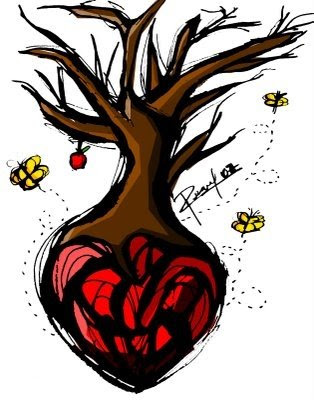Pointing Fingers

After reading the Introduction to E. Frances White's Dark Continent of Our Bodies: Black Feminism and the Politics of Respectability I was caught somewhere in between my sentiments towards this bold treatise that posits around the sensitive issues of race and gender.
Told from narrativev nonfiction perspective, White frames her argument about the silence of discourses around the intergenerational anecdotes that she learned following her mother's death. The story goes that she had always been told stories by her grandfather about her family's history. And according to legend, Frances White comes from a long line of ancestors actively engaged in the struggle for upward mobility. From great-great Afro-Indian aunts who were a part of the Underground Railroad to great uncles with one leg that fended off white attempts to disenfranchise him, the stories of White's ancestry ran the gamut of black national characters. This framing mechanism made for interesting prose and then the conversation turned to the meat of White's argument. The oral history her grandfather had given her embedded in her the value structure that taught her the value of positing her personal goals to benefit the race's larger objective of equality. Throughout Frances White's own history she found similar strength as her genealogical predecessors had to overcome oppresion. She had grown up during the beginning of Integration in American history, following the Civil Rights Movement. And though she encountered several obstacles, both racial and social boundaries, she found the will to fulfill her mother's dream of ascertaining higher education. Afterwards, White held every intention to use this education to empower and move the ball of upward mobility to the modern generation. This seems a simple enough argument. However, the hangup I have with Frances White's argument is her discussion of the counter-discourse. Now, I do not deny that such discourses exist for the antithetical purposes of redefining a genre. And I do not deny that some of the works of African American have surfaced in response to white supremacy ideological views that perpetuate themselves in this country. Additionally, while I do not wholly agree that Afrocentrism is used to construct sexist and relatively narrow views I can see how she believes this. My only true issue I have with E. Frances White is almost miniscule, but in that she says that this element empowers all blacks I feel somewhat disadvantaged by her thesis's supposition: that we all have a counter-discourse. Come on Ms.-I'm sorry-Dr. Harper. Not all of us actually know our family history much like you were in the dark about your own grandmother, so are many of us about our entire family because of the suppression of hurtful memories. Consequently, the empowerment and enlightenment to be found in one's personal history, because what Chiekh Ante Diop called "the severed jugular" the personal narrative, the counter-discourse of one's life, your history. Thanks for putting in the very place feminists and black nationalists alike, hate to be: the margins.


Comments
Post a Comment
Honest opinions are always welcome